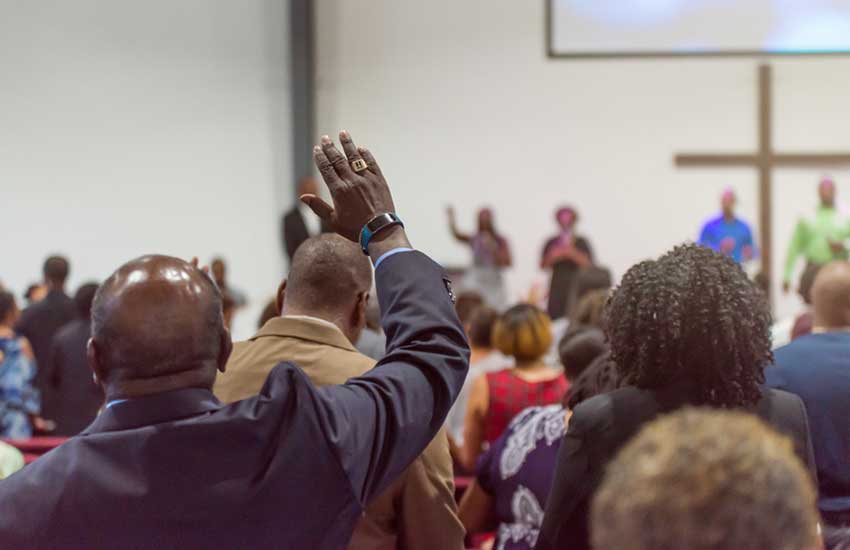- When a politician appears to align with the religious values of the Church, it can appeal to the devotees who prioritize faith in their political decisions.
The Church has recently become very vocal against having politicians speak in their congregation. The National Churches of Kenya (NCCK) recently banned all political activities in member churches, including speeches and announcements of their contribution.
The leader of the Anglican churches of Kenya, Archbishop Ole Sapit, has led by example and has gone as far as blocking prominent leaders from their pulpit.
Many may question what politicians seem to gain from speaking in the Church.
Firstly, the Church provides a politician with access to a captive and influential audience. Depending on its size, a church has a considerable reach that is more engaging to the politician.
Many churchgoers are believed to be active in their local communities, a vital campaign tool. The support of the congregation can lead to broader grassroots mobilization.
Read More
Secondly, the Church gives a politician some form of moral authority and legitimacy. A politician speaking in the Church highlights the person as perceived as morally upright. They borrow credibility and appear trustworthy to the congregation and the rest of the world.
When a politician appears to align with the religious values of the Church, it can appeal to the devotees who prioritize faith in their political decisions.
Thirdly, when the media is present during a politician's address, it provides a powerful visual that reinforces sincerity and tradition. These visuals, like the politician wearing some of the church regalia, the backdrop of the cross, pulpit, and overlapping crowd behind them, reinforce their sincerity.
Another reason politicians value the Church so much is that it can help soften their image. A tough leader may appear generous and compassionate in this instance. We observe in Kenya that our politicians give generously to the Church.
Giving to the Church is not a sin, as it helps the Church continue its sacred duty of spreading the gospel. The bone of contention is the authenticity of giving. A politician may not care much for the Church or denomination, but mainly for the votes and public image.
To add to this, a politician uses the Church to deflect controversy and criticism. Speaking in the Church can shield politicians from criticism since attacking them in a sacred space appears disrespectful. It is also used to apologize for the mistakes he or she has made and rebrand after a scandal.
Lastly, a politician networks with religious leaders. Pastors, Bishops and Priests among others, have a lot of influence over their congregants.
How religious leaders use their social power over their congregation is imperative to politicians. Gaining the leader's endorsement helps sway the congregant’s decision on whom to vote for in the next election.
The relationship between politics and the Church remains a powerful dynamic in shaping public opinion, voter behaviour, and sometimes policy. Politicians who speak in churches not only align themselves to gain moral credibility but also gain access to loyal voting blocks.
However, the platform leaders get from the Church should align with the moral authority the leader has. When a politician stands in the pulpit, they are not just addressing a congregation but auditioning for the role of a moral leader.




-1772102940-md.jpg)


-1772090413-1772095461-md.jpg)


-1772102940-sm.jpg)

